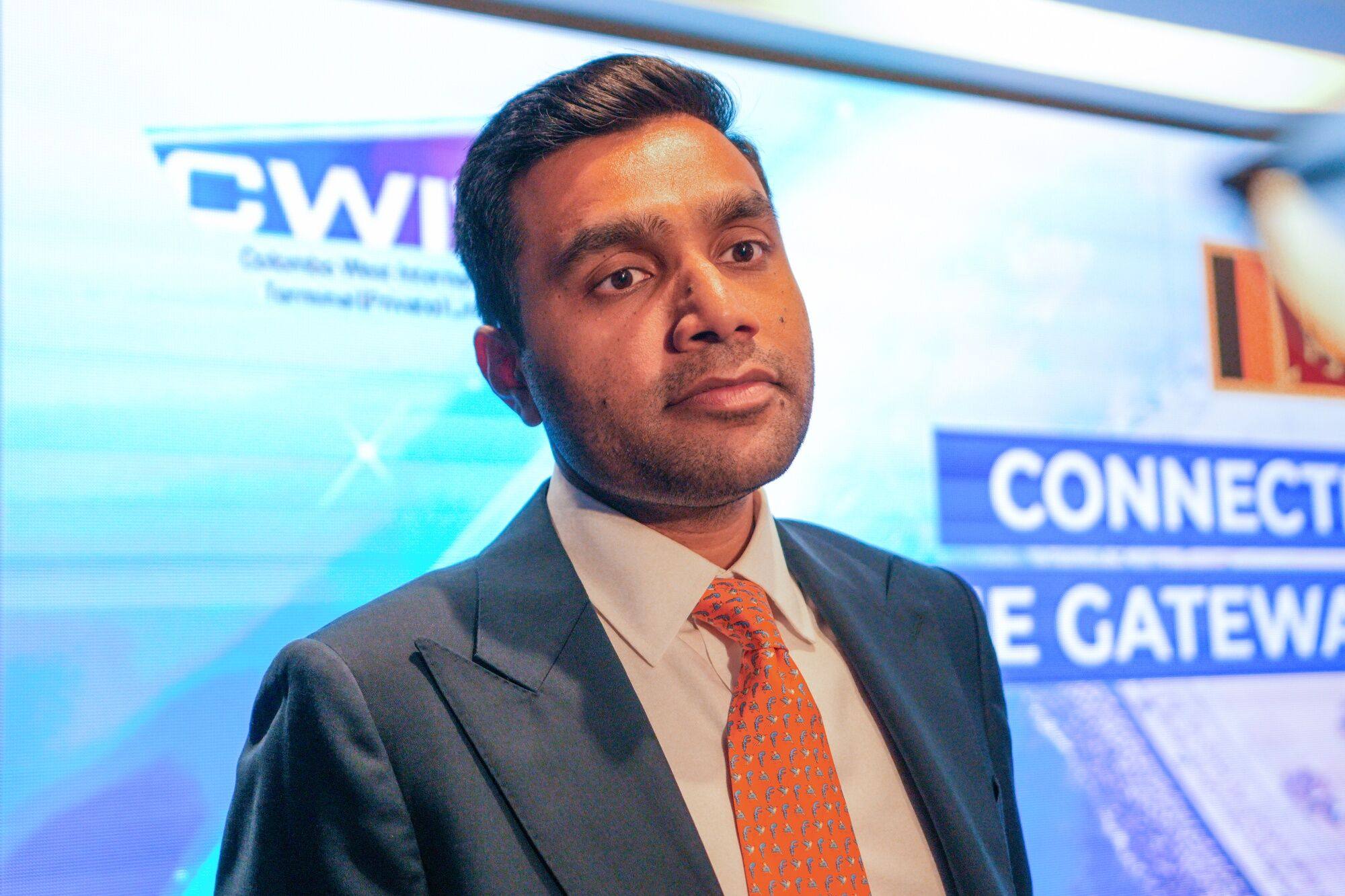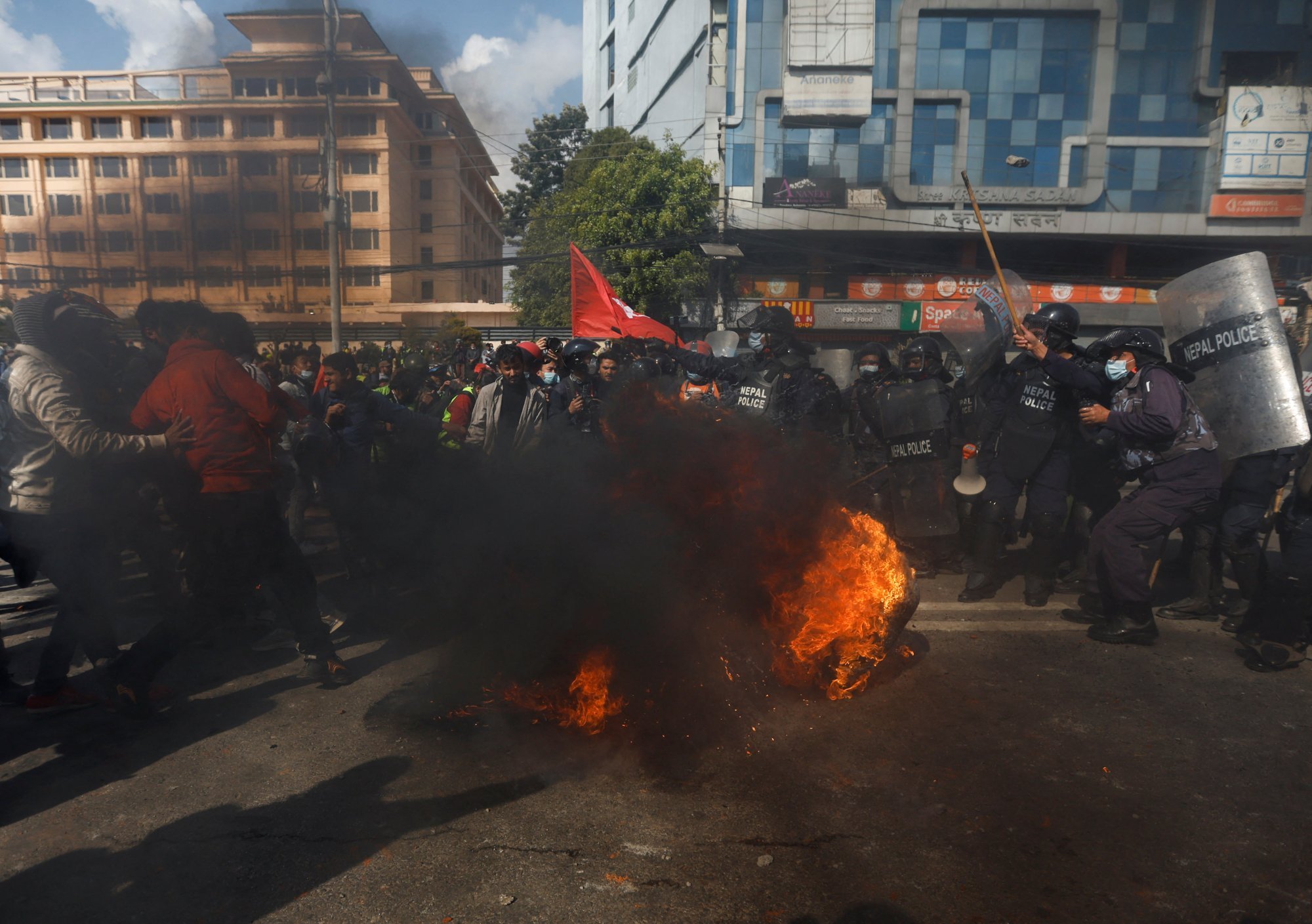[ad_1]
Cedomir Nestrovic, a professor of geopolitics on the ESSEC Business School Asia-Pacific in Singapore, stated it will be too simplistic to characterise the US-funded undertaking as simply one other enterprise deal.
He stated geopolitical pursuits might be seen in the truth that the US$553 million in financing from the US International Development Finance Corporation, a federal authorities company, represents practically four-fifths of the US$700 million required to construct the terminal.
There should not many different instances “where America has invested institutionally in this way, with this amount of money,” Nestrovic stated. “The political motivation is part of the larger rivalry that exists between the United States and China.”
Not enterprise as regular?
“How to put a little bit of pressure on China,” was a doable US motive for the port funding, he stated, along with Washington’s need to supply smaller nations with a non-Beijing various for infrastructure investments and “tell them you are not alone”.
If the partnership mannequin for the port terminal proves to achieve success, analysts count on it to be replicated elsewhere within the area.
“So this is part of the big game. It’s not just one investment that is done in Sri Lanka,” Nestrovic stated.
This is a part of the massive sport. It’s not only one funding that’s executed in Sri Lanka
It is envisaged that the brand new terminal within the main transshipment hub of Colombo, in the meantime, will assist smaller vessels plying their commerce within the shallow harbours of jap India get their cargo to world markets.
Vital commerce hall
“China is already operating a terminal in Sri Lanka, and in the absence of the Adani venture, they [Chinese companies] could have drawn cargo away from India by outpricing us,” stated an Indian business transport government who requested anonymity, including that it will make sense for the group to now put money into comparable transshipment ports throughout Asia.

“I think Indian businesses will start to become global businesses,” he stated, including that if the Adani Group’s Sri Lankan enterprise works out, it would pave the way in which for enlargement elsewhere.
Private partnerships in focus
Analysts say the US possible selected to companion with the non-public sector on the brand new Sri Lankan port terminal as doing so entails much less purple tape than working with Indian state-owned enterprises.
“The Indian establishment has [also] realised private projects are more efficient and are more deliverable,” stated Aditya Gowdara Shivamurthy, affiliate fellow with the Delhi-based Observer Research Foundation’s Strategic Studies Programme.
Such partnerships would additionally assist the US bolster its low-key presence in South Asian nations, the place it has largely focused on offering assist. But even that isn’t all the time welcome.

The South Asian nation’s improvement compact with the US Millennium Challenge Corporation was solely formally launched in August after being caught in limbo for 5 years.
Shivamurthy stated there was the potential for such difficulties to be prevented in future by means of extra US-India enterprise collaborations.
“India knows that the US has the technology and cash and the US knows that India has the knowledge and leeway in these countries,” he stated.
Is ‘India Out’ of the Maldives as China-friendly leader Muizzu takes charge?
Is ‘India Out’ of the Maldives as China-friendly leader Muizzu takes charge?
“I think it’s a question of how you find the right balance. At the end of the day, who can deliver on the ground is the most important question,” stated Harsh Pant, an international-relations professor at King’s College London.
“The US is looking at the reality of a China on the upswing and recognising that it needs to work with India with innovative outcomes.”
For a very long time, India thought it may safe its pursuits within the Indian Ocean by itself, Pant stated, however Delhi has now realised it may’t afford to work in a silo. “Unless like-minded countries work together, it will be very difficult to project a favourable balance of power.”
He stated that might contain “a wider matrix of like-minded countries”, together with Japan and Australia, working collectively on tasks.
“Today, there is a pushback from India and like-minded countries. You’re going to see more of this going forward,” Pant stated.
[adinserter block=”4″]
[ad_2]
Source link